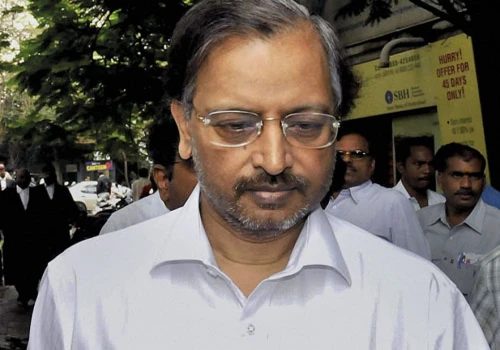
India, a leading global oil consumer and importer, is taking a crucial step towards safeguarding its energy future. The country is gearing up to construct its first-ever commercial crude oil storage facility. This initiative, driven by the Indian Strategic Petroleum Reserves Ltd (ISPRL), aims to bolster the nation's strategic petroleum reserves and mitigate the risks associated with potential supply disruptions.
The ISPRL, a government body dedicated to managing strategic petroleum reserves, has invited bids for the construction of a massive 2.5 million-tonne underground storage facility at Padur, Karnataka. This marks a significant departure from the past, where Phase-I strategic reserves were built solely with government funding.
Previously, ISPRL established underground caverns for storing a total of 5.33 million tonnes of crude oil across three locations: Visakhapatnam (1.33 million tonnes), Mangalore (1.5 million tonnes), and Padur (2.5 million tonnes). However, the upcoming Padur-II facility will embrace a Public-Private Partnership (PPP) model.
Under this model, private entities will be responsible for designing, constructing, financing, and operating the storage facility. The tender document outlines two options for bidder participation:
- Financial Grant: Bidders can propose a financial grant from the government to aid in construction costs.
- Premium/Fee: Bidders can offer a premium or fee to be paid to the ISPRL in exchange for the right to operate the storage facility.
The project will be awarded to the entity presenting the most favorable offer. In scenarios where no premium is offered, the entity requesting the lowest grant will be selected. A maximum grant ceiling of Rs 3,308 crore has also been established.
The Padur-II facility will function as a hybrid commercial and strategic reserve. The operator will lease storage space to oil companies for a fee, allowing them to store crude oil and potentially sell it to domestic refiners. However, in the event of an emergency, the Indian government will retain the primary right to utilize the stored oil.
This strategic move by India holds immense significance for the nation's energy security. By establishing commercial oil reserves, India is actively mitigating the risks posed by potential supply disruptions or price fluctuations in the global oil market. The ability to access emergency stockpiles will ensure continued oil availability for refineries, thereby safeguarding crucial fuel supplies for transportation, industry, and power generation.
The project also presents exciting opportunities for private sector participation in India's energy infrastructure development. The PPP model paves the way for collaboration between the government and private entities, leveraging expertise and resources from both sectors for this critical national project.
India's foray into commercial crude oil storage marks a significant milestone in the nation's quest for energy independence and a secure energy future. This initiative, coupled with continued efforts towards renewable energy integration, positions India on a stronger footing to navigate the ever-evolving global energy landscape.











